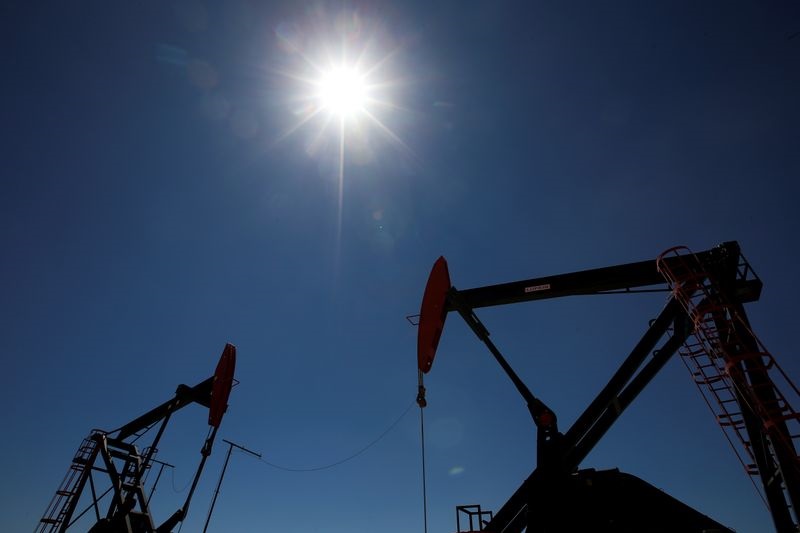By Malvika Gurung
Investing.com -- The ongoing week has witnessed a series of developments encompassing the economy and financial markets of the revered emerging nations - BRIC, namely Brazil, Russia, India and China.
India
- India’s services sector activity expanded in June, jumping to an 11-year peak at 59.2, its highest since April 2011, thanks to improving demand, favourable economic conditions and capacity expansion.
- Oil companies have been on a rough ride over the past few sessions amid sliding crude oil prices, on growing concerns of a global recession triggering curtailed fuel demand. The Centre’s surprise move of imposing special additional export taxes on petrol, ATF and diesel, along with a cess of Rs 23,230/tonne on crude oil produced by domestic refineries have added to the fresh stock rout.
- The Indian rupee tumbled to an all-time low of 79.37 against the US dollar on July 5, and concerns of further depreciation added pressure. Analysts at Nomura expect INR to plunge to the 82 mark against the greenback.
- Reserve Bank of India stepped in to rescue the depreciating domestic currency and announced measures to diversify and expand the sources of forex funding to reduce volatility and dampen global spillovers on Wednesday.
- Hiring in the country has surged 22% YoY in June 2022 with demand for entry-level jobs remaining the highest.
- The Government’s latest income tax rule regarding cryptocurrencies has led to a significant plunge in the volumes of major Indian crypto exchanges.
Russia
- The country’s parliament on Wednesday passed two bills that required businesses to supply the military with goods and directed employees of some firms to work overtime for supporting Russia’s invasion of Ukraine.
- Andrey Denisov, the Russian Ambassador to China, said at the UN World Peace Forum on Monday that Moscow supported the expansion of the UNSC and the idea of membership for India and Brazil but not Germany and Japan, as it would not ‘change the internal balance in any way.’
- The Central Bank of Russia announced to officially legalize crypto and crypto mining in the country, provided all the cryptos mined be sold outside Russia.
- It has earned $24 billion from selling energy to India and China following Ukraine’s invasion.
- The latest statistics by the Federal State Statistics Service show that the Russian economy is collapsing, as production in multiple sectors, from auto to domestic appliances has plunged.
China
- The services activity expanded at the fastest pace in almost a year, with PMI at 54.5 amid easing COVID-19 curbs and a demand revival.
- Due to a slowdown in economic growth, the country’s debt is projected to hit a record high in 2022, with the overall leverage ratio likely to surge by 11.3 ppt to about 275% in the year, as the central bank aims to boost credit and aid the struggling economy.
- The economy has started showing signs of gradual recovery, and the country will set up a state infrastructure fund worth 500 billion yuan in Q3 to stimulate spending and revive the economy.
- Trade between Hong Kong and the Chinese mainland has surged over sixfold in 25 years. By the end of 2021, investment from Hong Kong into China had topped $1.4 trillion.
- The government announced to raise 300 billion yuan ($44.8 billion) to finance infrastructure projects by selling financial bonds and adopting other methods, earlier this week, to drive investment and raise employment in H2 2022.
Brazil
- The government has announced creating a new investigation team working specifically on crypto-related scams and cases.
- Brazil looks forward to expanding trade and investment with Arab countries, said the foreign trade secretary at the Economy Ministry, Lucas Ferraz amid ongoing talks for commercial agreements with Saudi Arabia, Lebanon and the UAE.
- The overall volume of trade exchanges between the Kingdom of Bahrain and Brazil has exceeded $2.2 billion in 2021.
